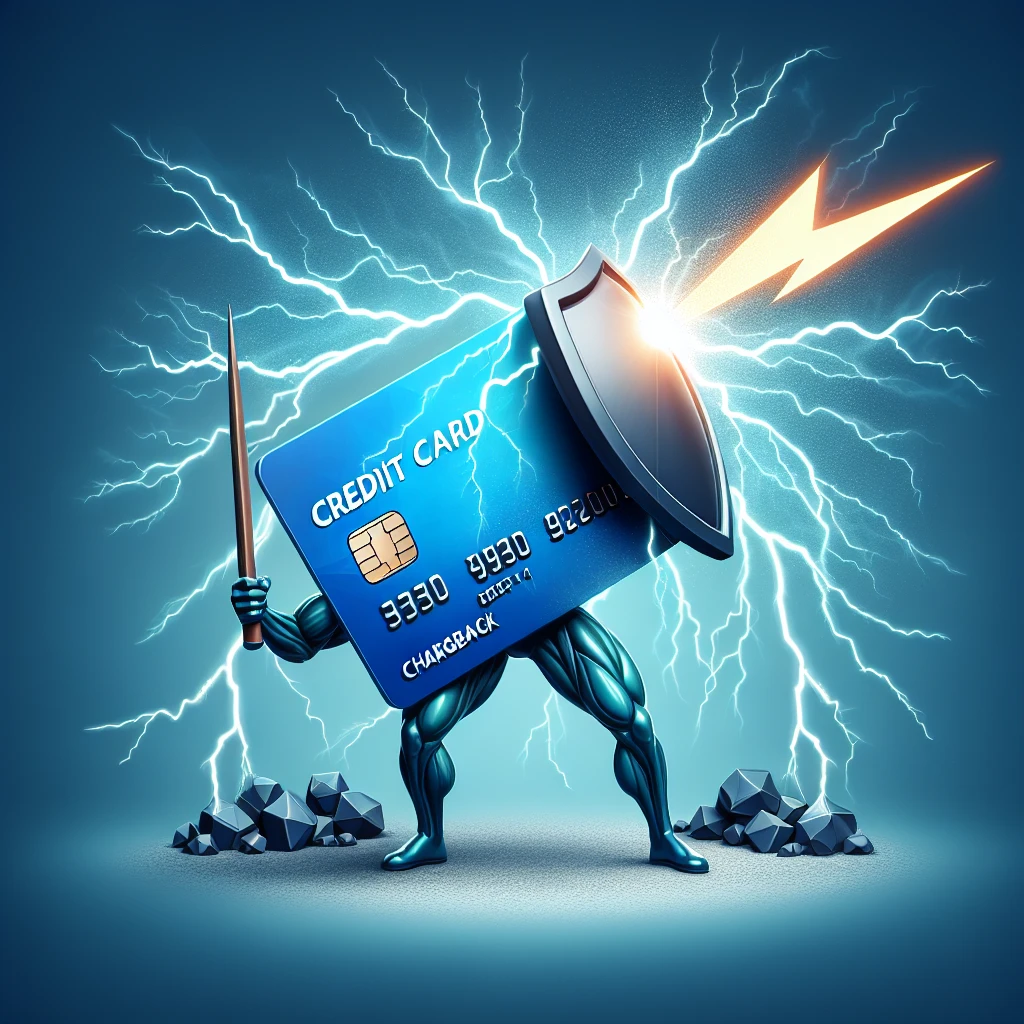The Importance of Securing Online Payments
As ecommerce continues to surge, the security of online payments has never been more critical. Businesses are not just battling against common thieves; they're up against sophisticated cybercriminals. The risks are high: from financial loss to reputational damage, the impact of compromised payment security can be catastrophic. It's not just about the money that could be siphoned off; it's about the trust that could be shattered in the blink of an eye. This is why robust security measures are not just recommended; they are essential for the survival and growth of any online business.
Consider the following risks that underscore the importance of securing online payments:
- Data breaches that can lead to the theft of sensitive customer information.
- Fraudulent transactions that not only result in revenue loss but also chargeback fees and penalties.
- Phishing scams that trick customers into revealing their payment details.
- Malware that can infiltrate systems and hijack transaction data.
By implementing state-of-the-art security measures, businesses can protect themselves and their customers from these threats. This includes embracing technologies like encryption, utilizing secure payment gateways, and adhering to industry standards like PCI DSS. For an in-depth look at these measures, refer to our article on best practices for maximizing security in online payments. The goal is to create a secure payment ecosystem that not only defends against current threats but is also agile enough to adapt to the evolving landscape of cyber threats.

Implementing Encryption and SSL Certificates
Understanding the mechanics of encryption and SSL (Secure Sockets Layer) certificates is crucial for any business that deals with online transactions. These technologies are the bedrock of secure online communication, ensuring that sensitive payment information is protected from prying eyes during transmission.
Here's a breakdown of how these security measures work:
- Encryption is the process of converting information or data into a code, especially to prevent unauthorized access. When a customer enters their payment details, encryption algorithms transform this information into a complex code that is virtually impossible to decipher without the correct key.
- SSL certificates serve as the digital passports for websites, providing a secure channel for data to travel through. They authenticate the identity of a website and establish an encrypted connection between the web server and the customer's browser.
But why is this important? Consider the alternative: unencrypted data can be intercepted and read by anyone with the right tools. This is akin to sending a postcard through the mail with your banking details written for all to see. With encryption, it's more like sending a locked safe through the mail, where only the intended recipient has the key.
Implementing SSL certificates is not just a technical necessity; it's also a trust signal for customers. A website with an SSL certificate displays a padlock icon in the browser's address bar, indicating that the connection is secure. This visual cue is critical in building customer confidence and can be the difference between a completed sale and a lost opportunity.
For those looking to delve deeper into the intricacies of online payment security, our article on transaction fees and trends in fintech provide further insight into the financial and technological landscape of ecommerce.
Remember, implementing robust encryption and SSL certificates is not a one-time affair. It requires ongoing vigilance and updates to stay ahead of the curve as cyber threats evolve. By prioritizing these security measures, businesses can safeguard their transactions, protect their customers, and maintain a reputation for reliability and safety in the digital marketplace.
Advanced Security Measures for Payment Gateways
As we delve deeper into the realm of online payment security, it's essential to understand the advanced security measures that payment gateways offer. Beyond the foundational encryption and SSL certificates, these gateways have evolved to include sophisticated features that further fortify the transaction process against potential breaches.
One such feature is two-factor authentication (2FA). This security protocol adds an extra layer of verification, ensuring that the person initiating the payment is indeed the cardholder. Here's how it works:
- The user enters their payment details on the website.
- They are then prompted to verify their identity through a second factor, which could be a text message with a code, a phone call, or an authentication app.
- Only after entering the correct code is the transaction approved.
This method dramatically reduces the risk of unauthorized transactions, as it requires the physical possession of a device linked to the cardholder, making it much harder for fraudsters to complete a purchase without detection.
Another groundbreaking security measure is tokenization. Unlike traditional methods that transmit payment details through the network, tokenization replaces sensitive data with unique identification symbols that retain all the essential information about the data without compromising its security. This means that even if a hacker intercepts the transaction, the tokenized data is useless without the proper decryption mechanism.
Tokenization not only protects data during transactions but also when it's stored, significantly reducing the scope of PCI DSS compliance and the associated costs and complexities for businesses. This is particularly beneficial for ecommerce operations, as discussed in our article on integrating payment gateways with e-commerce platforms.
These advanced security features are not just technical enhancements; they represent a commitment to customer trust and business integrity. By implementing 2FA and tokenization, businesses signal to their customers that they take security seriously, which is paramount in an era where digital threats are ever-present and evolving.
For businesses, the message is clear: leveraging these advanced security measures is not optional but a critical component of a comprehensive online payment security strategy. It's about protecting not just the transaction, but the entire brand reputation.







